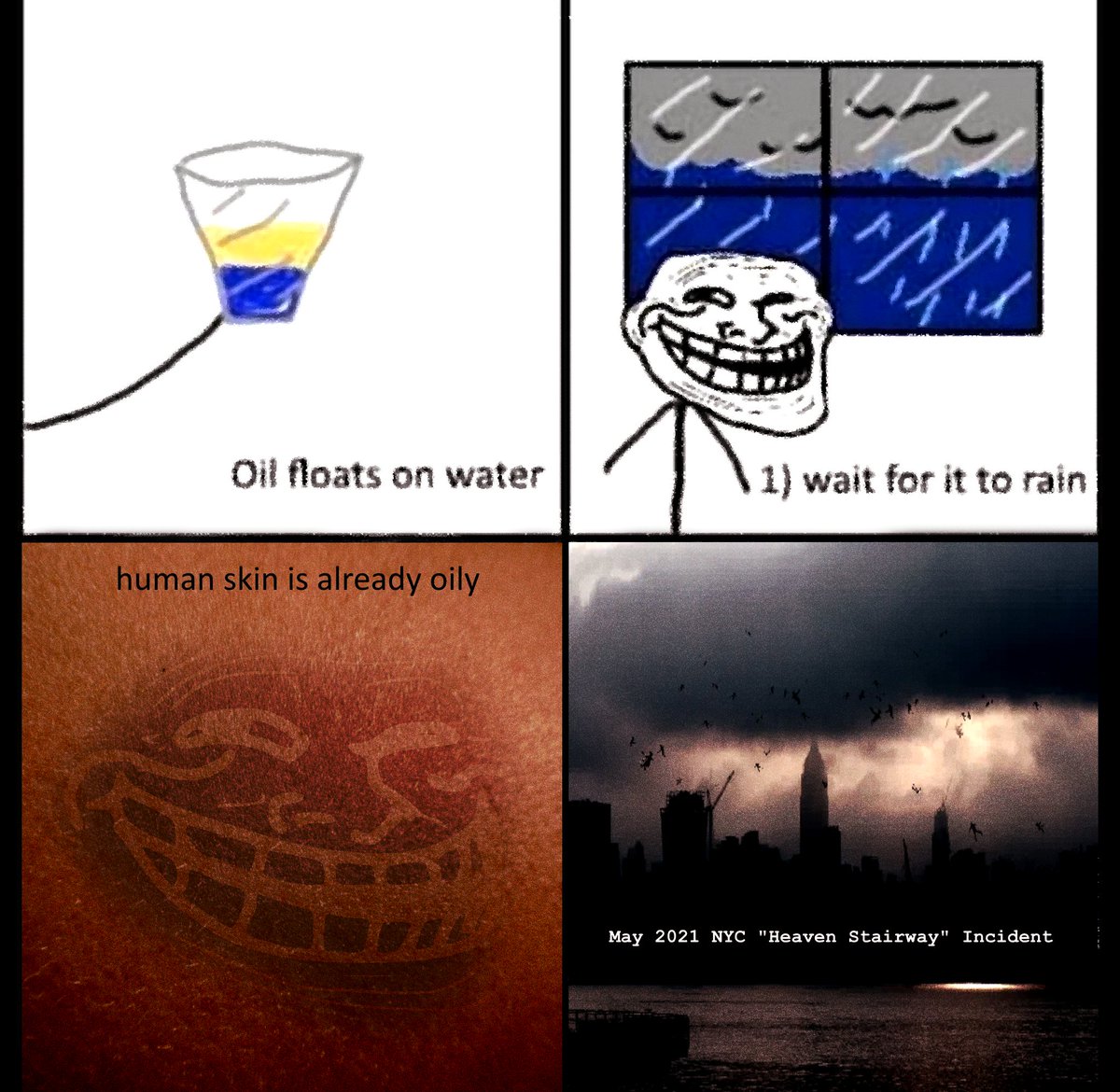And So is the Sod
When the last man dies, does Earth die too?
Or is it given life anew?
Is solipsism all that's true?
The one real man- is it you?
When the last man dies, does God die too?
Does man make his immortality true?
Or is He, in fact, beyond the sky blue,
along with the angels, far up as birds flew?
Whenever God dies, will Satan die too?
Or is it his victory, does he gain rule?
And if it's his rule, what could it be called?
A barren dead Earth, or any earth at all?
Is Satan's inheritance fully devoid,
And if so, does it only leave him annoyed?
Or is it his canvas which soon shall stand poised,
With Satan's creation that he alone voiced?
Alas, these questions need not be asked.
The last man is dead, and so is his God,
And so is his Satan,
And so is the sod.
Notes
If you've followed my YouTube channel for a while, you might recognize this poem from this video. The poem was initially meant to be written as the "finale" for this series I made about that "Heaven's Stairway Incident" meme.

The idea for the poem was that it took place after all of humanity has died. Supposing that God - or at the very least, basic human concepts like logic - is purely a man-made concept, does this mean that God dies after the last man has died? Or, does the mere idea of a God still exist without anyone around to think of it? See, it's not so much about God himself as it is about the idea of God. A lot of Christian apologists have the idea of something called "necesarry existence," meaning that arbitrary concepts like mathematics and logic would still exist if there weren't any intelligent beings to think about them. Assuming that this is true (a rather lofty assumption), would this mean that the idea of an all-powerful being would still exist? If so, then does this give any legitimacy to the existence of such a being?
Of course, there's also the question of Satan that's brought up. If all of Man goes to God - or if God dies alongside Man - what does this mean for Satan? I would argue that the notion of Satan would die just as soon as the notion of God, as the two ideas are essential to each other. In order for one being to be all good, there ought to be a counterpoint so that the people know what isn't good. Otherwise, the religion either fails or is reworked to include that counterpoint. However, assuming Satan (or the idea thereof) continues to exist, what really is the definition of Satan anymore? Because he isn't the counterpoint to any good, he can't be called evil. Because he can't be called evil, he can't even be called Satan.
In the end of it all, though, this poem takes place after all of Man has died. Thus, the answer doesn't matter because there's no-one to answer it. In fact, there isn't even anyone to ask the question, so the question doesn't exist either. Whenever Man dies, it's not just concepts of good and evil that follow: It's the concept of concepts altogether.
